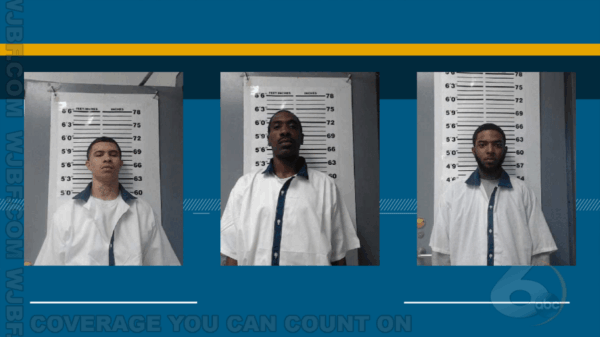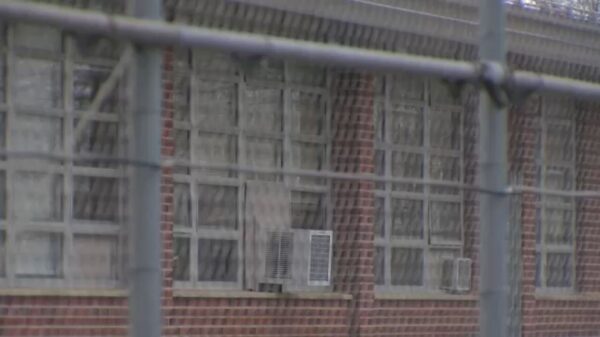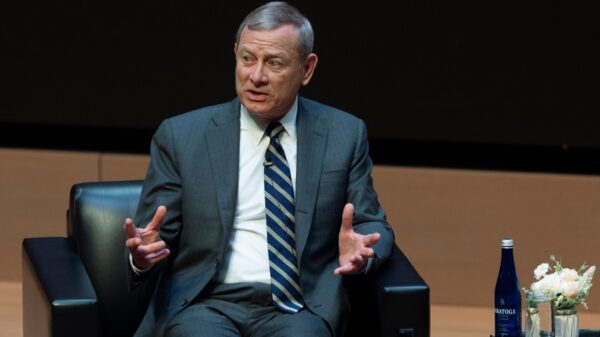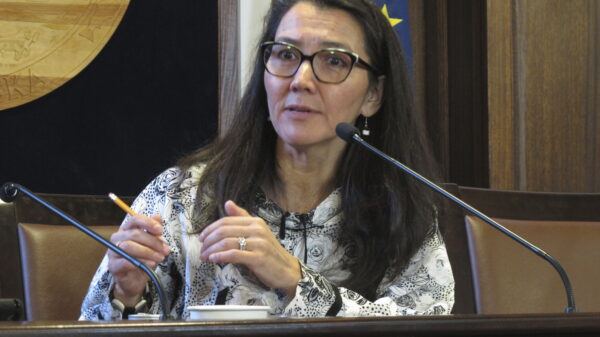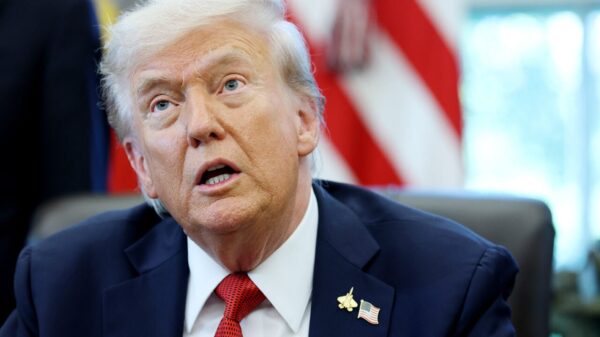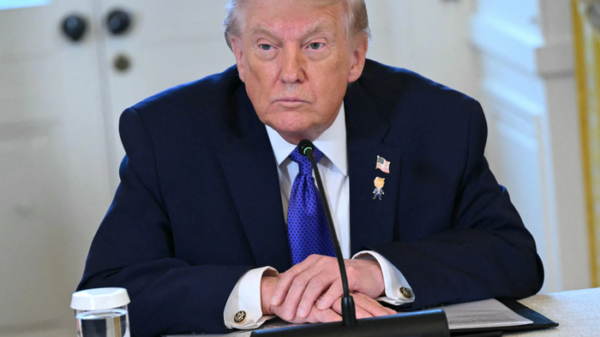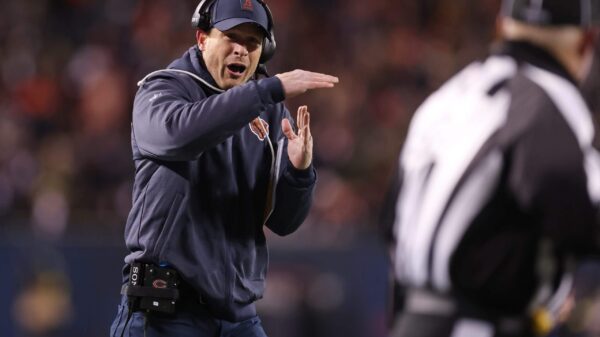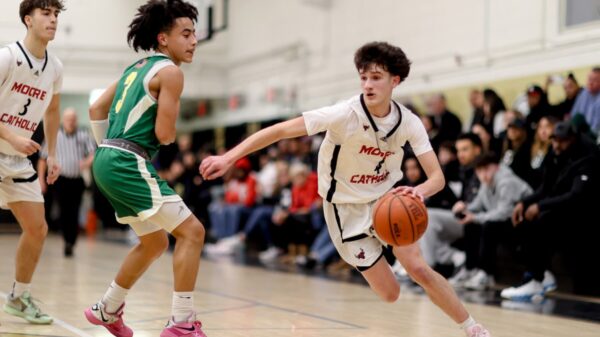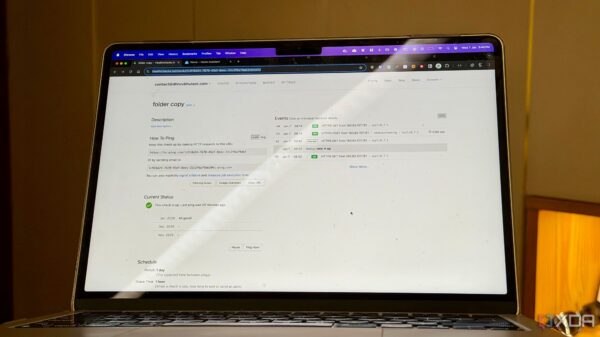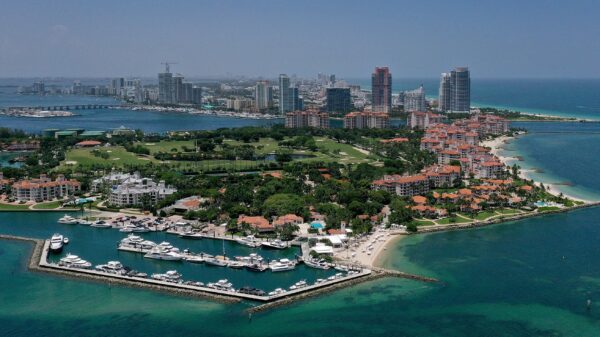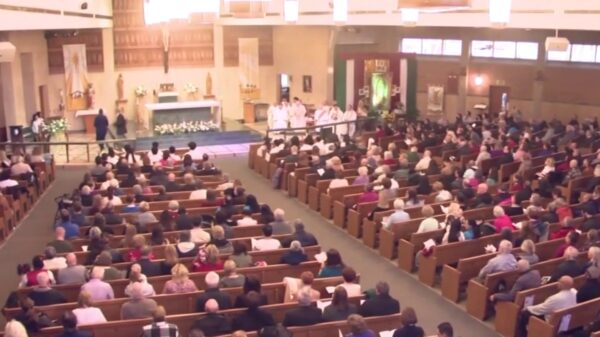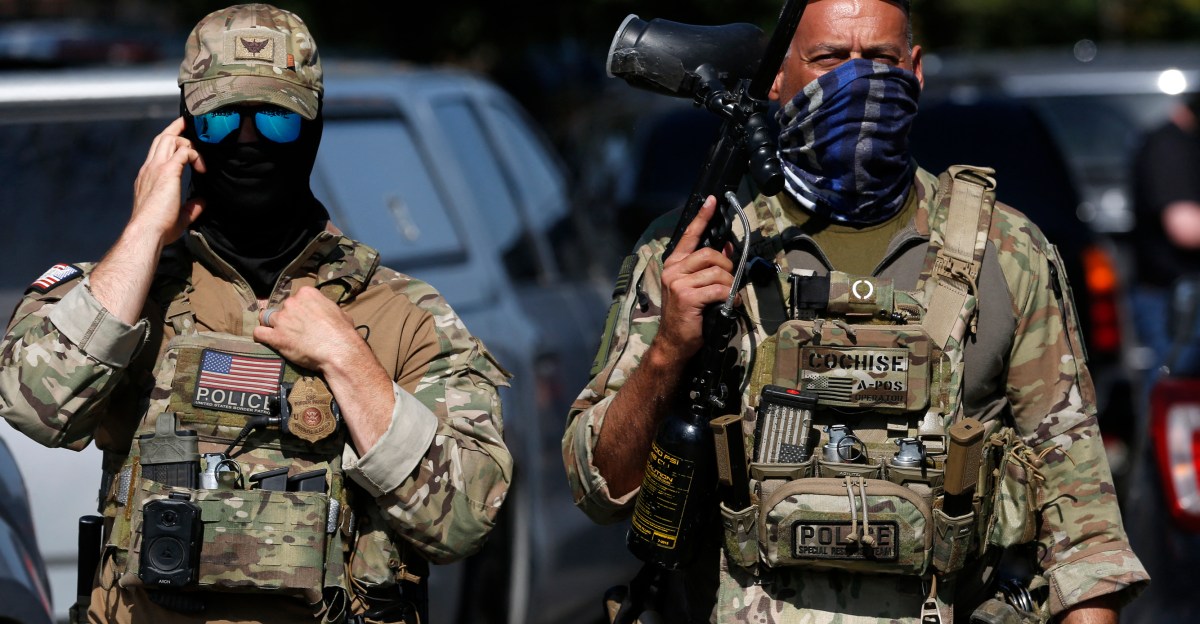UPDATE: Tensions escalate as federal immigration agents are set to deploy up to 400 Texas National Guard troops to Chicago amid ongoing protests. This move follows a federal judge’s recent ruling allowing the deployment, despite Illinois Governor JB Pritzker’s fierce opposition, labeling it an “unconstitutional invasion.” Troops could arrive as early as Tuesday or Wednesday.
In an alarming turn of events, the Trump administration aims to escalate its presence in U.S. cities, specifically targeting Chicago and Portland. Over the weekend, a federal judge denied two attempts by President Trump to send National Guard troops from Oregon and California into Portland, a city he has inaccurately described as “war ravaged.” Protests at ICE facilities in both cities have been cited by the administration as justification, despite these claims being heavily criticized for distorting the realities on the ground.
The deployment of National Guard troops to Chicago follows a pattern established in August, when Trump dispatched troops to Washington, D.C., where their presence was largely uneventful. This time, the situation has escalated into a militarized crackdown, with federal agents using tear gas against residents and arresting local officials, including a city council member.
The ramifications of this military presence are significant. The administration’s rhetoric is intensifying, with Stephen Miller, White House deputy chief of staff, labeling the protests as “the textbook definition of domestic terrorism.” This characterization raises concerns about the federal government’s approach to civic unrest and the implications for local governance.
As the situation unfolds, the motivations behind Trump’s deployment strategy are under scrutiny. Critics argue that the President is leveraging these troop movements to create a narrative of chaos in urban areas, rallying support from red-state leaders like Texas Governor Greg Abbott. The local leaders of affected cities, however, have consistently voiced their opposition to federal intervention, emphasizing the need for local solutions to local problems.
What’s next? The arrival of National Guard troops in Chicago is imminent, and residents are bracing for potential clashes with federal agents. Meanwhile, attention remains on Portland, where ongoing protests challenge the administration’s narrative and approach.
This developing story is crucial for understanding the evolving dynamics between federal authority and local governance in America. As events continue to unfold, the impact on communities and civil liberties will be significant. Stay tuned for the latest updates as this situation progresses.

